The full board of Skills England was unveiled today, just days before the new body formally replaces the Institute for Apprenticeships and Technical Education (IfATE).
Board chair Phil Smith and vice chair Sir David Bell were announced in February alongside joint chief executives Tessa Griffiths and Sara Maclean and deputy chief executive Gemma Marsh.
They will be joined by AELP chair Nicki Hay, Skills Federation chief executive Fiona Aldridge and college principals Fazal Dad and Zoe Lewis as newly appointed Skills England board members on a three-year term.
IfATE’s powers around technical education and apprenticeships have already been transferred to the Department for Education (DfE) and will officially be abolished on June 1 at 2am.
Dame Fiona Kendrick is the only serving IfATE board member to move to Skills England.
Skills England’s chiefs report to senior civil servants and DfE ministers. It was set up as a DfE executive agency, but has a cross-government remit and an independent board.
Establishing Skills England was one of Labour’s manifesto pledges and was launched by the prime minister Keir Starmer shortly after the general election.
Its role is to advise the government on the skills needed in the economy, publish sector skills assessments and develop and approve occupational standards for apprenticeships and technical qualifications.
Board members are paid £15,000 per year and are expected to provide “independent perspective and insight” to ministers, help set strategic objectives and identify “high-quality feedback loops” between the government and skills bodies across the country.
Here are the board members
Fiona Aldridge

Dr Fiona Aldridge is currently the head of The Skills Federation, also known as the Federation for Industry Sector Skills & Standards (FISSS). She joined last July after the federation, which represents 18 sector skills bodies, was left without a chief executive for three years.
Aldridge was previously head of skills insight at West Midlands Combined Authority (WMCA) and had been at the Learning and Work Institute for 20 years in its policy and research division.
One of Aldridge’s notable achievements was being part of the negotiations with the government for the employment and skills elements of the combined authority’s trailblazer devolution deal.
Fazal Dad
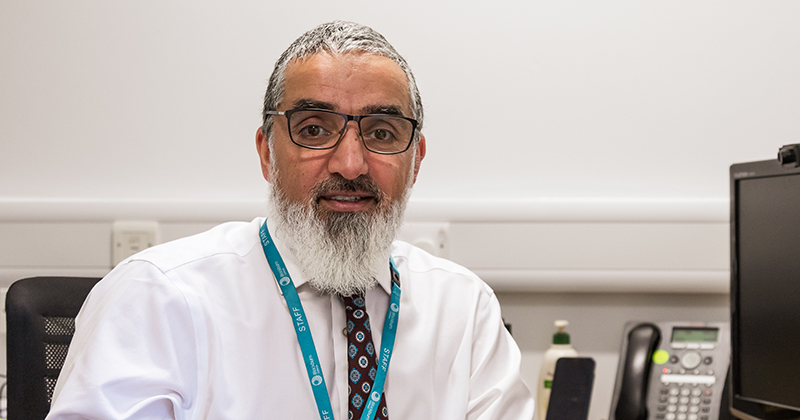
Dr Fazal Dad will join the Skills England board while concurrently serving as principal of Blackburn College.
Dad has worked in FE for the past 30 years, heading up Walsall College and steering it to an ‘outstanding’ institution during his leadership before joining Blackburn College in 2019.
Dad himself is committed to lifelong learning, studying part-time whilst moving up the FE career ladder, which resulted in obtaining two Masters degrees and a PhD aged 50.
Dad has also been Quality Assurance Agency (QAA) reviewer for over 15 years, a part-time Ofsted inspector and a police special constable for nearly 20 years.
Sian Elliott

Sian Elliott joins the board as director of organising, services and skills at the Trades Union Congress (TUC), leading on growing the trade union movement. She joined the TUC in 2019, first as women’s equality policy officer and then senior policy officer.
Elliott began her career in secondary education at Haberdashers’ Aske’s Federation and the Runnymede Trust and in various policy lead roles at a child poverty charity and Bromley council before joining the TUC.
Nicki Hay
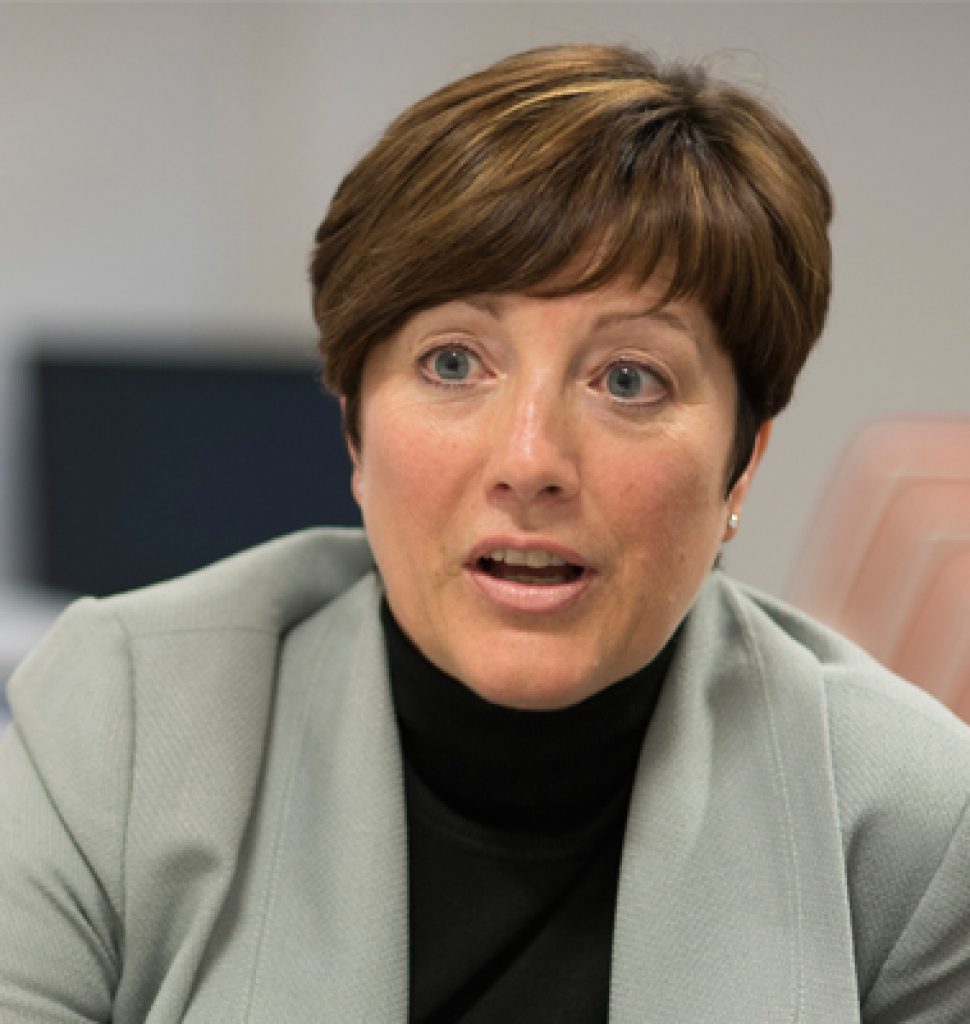
Nicki Hay is the first ever female chair of the Association of Employment and Learning Providers (AELP), the representative organisation for independent training providers.
Hay entered the apprenticeships world when she joined ASM, part of the now-dissolved Quantica Training. She also sold her own ITP, Outsource Training, to Seetec Group in 2016 before joining Estio Training as chief operating officer.
Estio Training was acquired by BPP Group in 2021 where Hay now works as director of apprenticeship strategy and policy.
Brian Holliday

Brian Holliday is a senior board member at German technology giant Siemens’s UK arm, overseeing its digital and software business.
Reportedly a former apprentice, a chartered engineer and computer systems graduate, Holliday has worked at Siemens since the early 90s and is described as a “keen advocate for engineering, innovation, skills”.
He’s also the multi-national’s ‘UK government affairs programme lead’ and has reportedly worked on “several” digital projects with Skills England chair Phil Smith.
He has also been a non-executive director of Make UK and has chaired the Confederation of British Industry
Anthony Impey
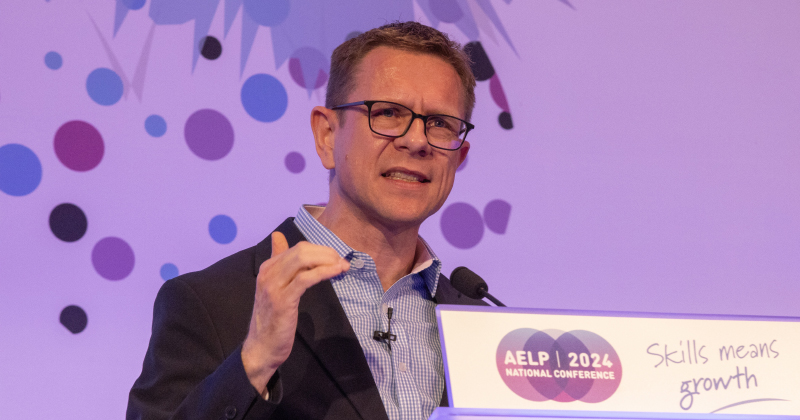
Entrepreneur and business leader Impey is chief executive officer at Be The Business, a non-profit that helps small and mediums sized businesses improve their productivity.
In 2021 he was appointed chair of the Apprenticeship Ambassador Network for three years and has also chaired apprenticeship stakeholder and policy groups for the DfE, Federation of Small Businesses and the Greater London Authority.
He has also founded initiatives to help disadvantaged young people into the technology sector, has advised with City and Guilds and served on the board of London’s Capital City College.
Fiona Kendrick
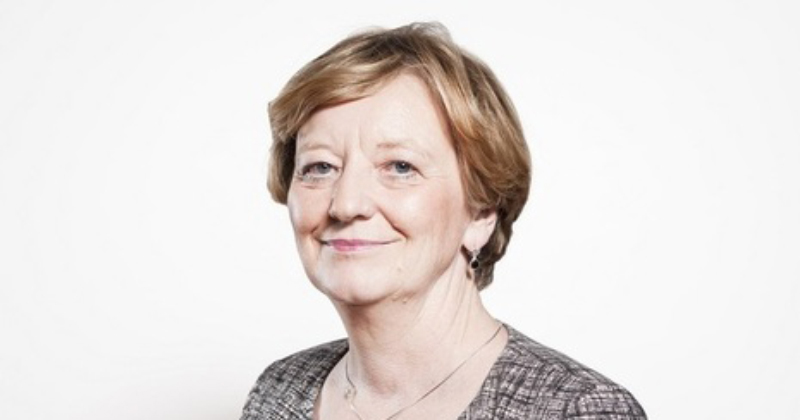
Fiona Kendrick, a former chair and chief executive officer of Nestlé UK and Ireland, is the only IfATE board member to move to Skills England.
Aside from her experience at the Swiss food and beverage behemoth, Kendrick has been a senior advisor at management consultants PWC and Newton Europe, UK Commissioner for Employment and Skills, a training provider director and owns management consultancy Treo.
She was made a dame in 2015 for services to the food and drink sector and was the deputy chair of IfATE between 2017 and 2025.
Zoe Lewis

Zoe Lewis has been principal and chief executive officer of Middlesbrough College since 2013.
She has worked in senior management at the college, which has 15,000 students and a £43 million turnover, since 2005.
The college principal, who is a qualified accountant, previously worked in finance for local government, the police and an “outsourced private sector company”.
In the past, she has voiced frustration at FE being treated as the “poor relation” by government compared to other education policy areas.
Lewis is also a director at the Education Endowment Foundation, which tries to break the link between family income and educational achievement.
Sara Todd
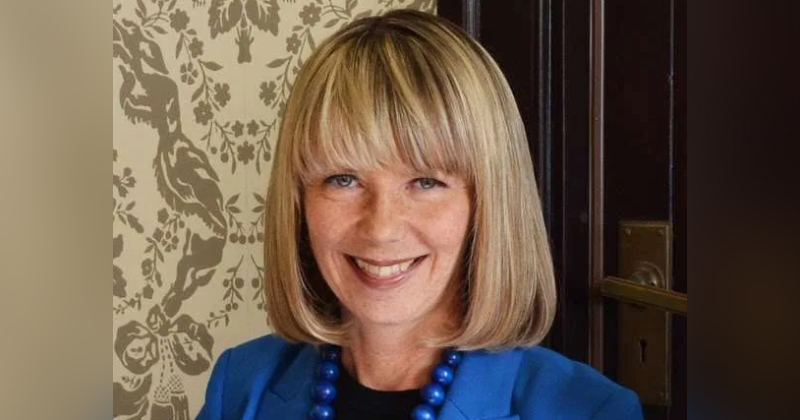
Alongside Skills England deputy CEO Gemma Marsh, Sara Todd hails from Greater Manchester where she leads Trafford Council as chief executive and is the lead chief executive for the Greater Manchester Combined Authority’s education, work and skills portfolio.
Todd has led Trafford Council since 2019 and has over 30 years’ of local government experience.
Before joining Trafford, she was deputy chief executive of Manchester City Council where she worked for 14 years.
Andy Westwood

Andy Westwood is currently a professor of government practice at the University of Manchester and has been a respected adviser, strategist and commentator in higher education and skills for over two decades.
He worked in government as an official and a special adviser when Labour was last in power in several government departments, including the Treasury and the then Department for Innovation, Universities and Science.
In 2010, he left Whitehall to lead the higher education representative body, GuildHE. Between 2014 and 2017 he was a professor of politics and policy at the University of Winchester.
His expertise in regional development, skills and higher education policy has seen Westwood also advise on the international stage with the OECD, IMF and the EU.
Helen Woodward Davies
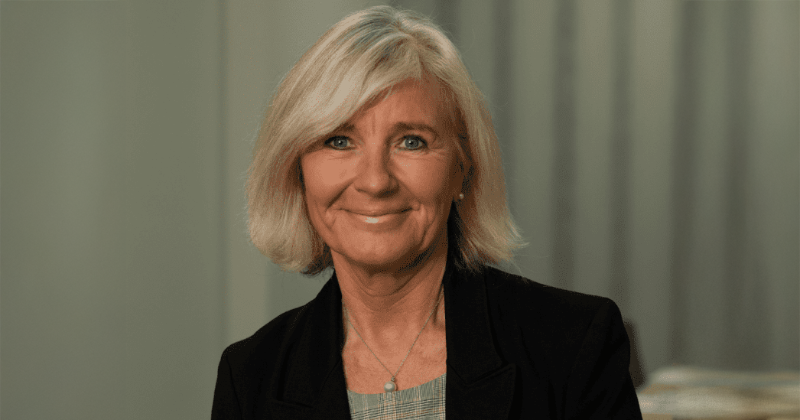
Helen Woodward Davies holds a number of high-profile roles in the nuclear training industry. She has worked at EDF for over eight years and was their head of construction workforce capability before becoming the resource programme director for Hinckley Point C.
Alongside her Skills England role, Woodward Davies is a board member of the Engineering Construction Industry Training Board (ECITB).
She also chaired the National College for Nuclear between 2021 and 2023 and co-chaired the Nuclear Skills Strategy Group from August 2023 until April 2024.















Good to finally get this line-up confirmed. Two key questions I’m sure CBI members would want to ask the Board:
* How does Skills England plan to align its initiatives with the evolving needs of employers and future industrial trends?
* What role will feedback from business play in shaping the skills transformation agenda?
Great to see gender diversity at least for the new board…time will tell if this pivot away from IFATE will benefit learners at a local level rather than add more red tape to accessibility and inclusion.
Fazal is a sound fellow and will do a great job. It was Jat Sharma, Walsall College Principal, who turned the college into the best in the country and led it to Outstanding. Fazal has a keen eye for factual accuracy, so I’m sure he won’t mind me pointing this out.